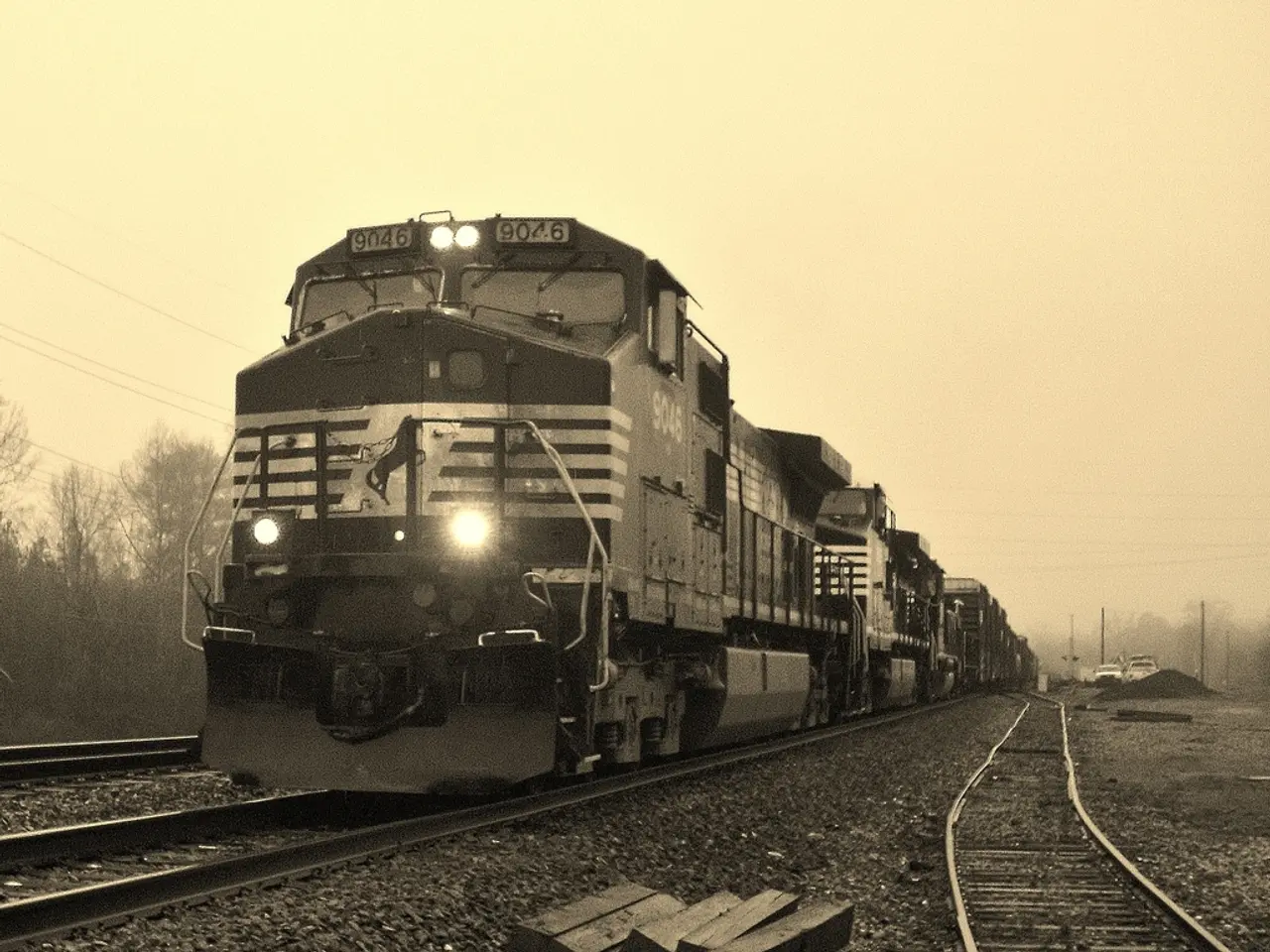Elbe River Navigation Propelling the Energy Transition Progress
The Elbe River, a vital central transport axis connecting Hamburg and other port cities to Central Europe, is set to play a more significant role in the increased use of inland waterway transport. This shift, as indicated by a new agreement with the Czech Republic, underscores a clear interest in this sustainable mode of transport.
Andreas Rieckhof, State Councillor of the Hamburg Authority for Economy and Innovation, emphasized the economic significance of the Elbe for Hamburg and regions connected via the river. He also highlighted the need for substantial investments in the maintenance and expansion of federal waterways to ensure more reliability in navigability, enabling more transports and ship capacity.
In this regard, HHLA (Hamburger Hafen und Logistik AG) and Hafen Braunschweig have agreed on a strategic partnership. This collaboration is expected to bolster the economic potential of inland waterway transport, making it a more attractive option for the transportation of goods.
The Hamburg Port, a crucial logistics hub for various goods, is focusing on the electrification of freight transport to further reduce emissions. This shift towards greener practices positions the port as a real laboratory for future technologies, contributing to the energy transition.
Inland waterway transport shows potential as a climate-friendly alternative to road and rail transport, particularly in the transport of bulk goods, project cargo, and containers. It is highlighted as an efficient and ecological means of transport in the energy transition.
Moreover, projects for the handling of ammonia and carbon dioxide are important for the energy transition, and these ports on the Elbe contribute to this industrial location.
The importance of sea and inland waterway transport for the industrial location Germany was emphasized by Dieter Janecek, Coordinator of the Federal Government for Maritime Economy and Tourism. He also mentioned an OECD study suggesting ways for Hamburg to economize in a climate-neutral manner.
The "Inland Waterway Transport - Climate Saver? Opportunities and Solutions" 2024 event, which included the European Commission, UNECE (United Nations Economic Commission for Europe), and key representatives from the inland waterway transport industry and environmental groups, further underscores the growing interest in this sustainable mode of transport.
For more information, visit schifffahrtundtechnik.de and hafen-hamburg.de.
Read also:
- Peptide YY (PYY): Exploring its Role in Appetite Suppression, Intestinal Health, and Cognitive Links
- Toddler Health: Rotavirus Signs, Origins, and Potential Complications
- Digestive issues and heart discomfort: Root causes and associated health conditions
- House Infernos: Deadly Hazards Surpassing the Flames








